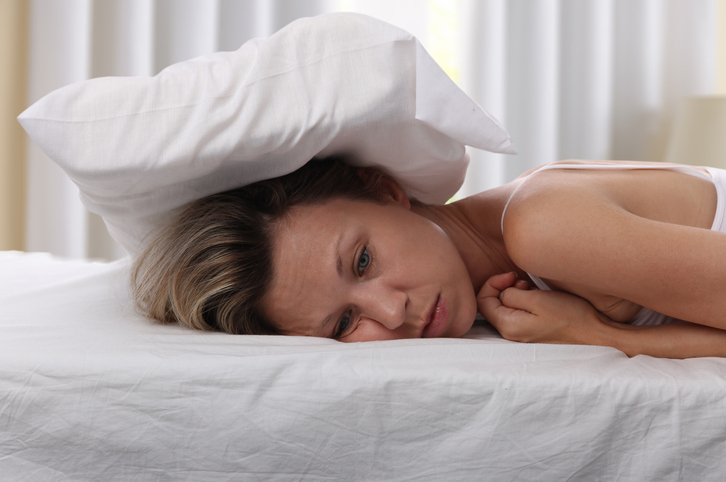Just to be clear, I didn’t really tell my husband he was dying, but that is how he interpreted the information I shared with him.
Let me take you to the beginning of the story… I’m busy researching content for training events I am facilitating on the link between poor sleep and the impact it can have on our health. While I was conducting this research, I came across some very interesting information that I thought would be relevant to my husband. My husband has been working night shift for the last 15 years of his life and I had discovered clinical evidence that suggested night shift work has been consistently associated with higher risk for cardiovascular disease (CVD) and cancer.[1] Not only that but, in 2007 the World Health Organization (WHO) classified night shift work as a probable carcinogen due to circadian disruption.[1]
When I shared this information, my husband immediately jumped to the conclusion that he was dying. Not the message I intended on communicating, and unfortunately, it had made the situation worse. My husband couldn’t just quit the job knows and loves, so he was still having to work nights, but my words had impacted his mental well-being and now he was struggling to sleep during the day. He was terrified at the thought his high blood pressure was evidence that his work is slowly killing him. Lesson to self, think about how to frame information for the recipient and not scare the life out of my husband.
What are the consequences of not getting enough good sleep?

Being a workaholic, I have found myself, just like my husband, taking sleep for granted. I hadn’t really anticipated all the different ways poor sleep could impact health, such as:
- Poor mental health – people with insomnia are 10 times as likely to have clinical depression and 17 times as likely to have clinical anxiety [2,3]
- Increased risk of hypertension, coronary heart disease, heart attack and stroke [3,4]
- Increased risk of type 2 diabetes [3,4]
- Increased risk of obesity [3,4]
- Increased inflammation in the body and low immune response making us more susceptible to infections. [3,5]
- Emerging evidence suggests that sleep duration may increase risks of several types of cancer. [3,4]
Again, I am not sharing this information to make you, the reader, have a sleepless night worrying about if you are getting enough sleep (irony). I do not claim to be a sleep expert, but I am acquainted with some if you would like more support. I am, however, sharing this information with the hope that you will make sleep a priority in your life.
What can you do to get a better sleep?
To get better sleep it is important for you to find your own individual way to sleep.
Dr Neil Stanley, Sleep Expert & Author
Dr Stanley recommends 3 pillars for good sleep health:
- Quiet mind – It helps to have a regular bedtime routine, set aside worry time, don’t work, don’t argue with your partner, don’t open bills, and one more don’t… Don’t force sleep – if you are struggling to sleep, get up and do something you find dull, for me the thought of ironing sends me straight to sleep.
- Relaxed body – Limit stimulants or stimulating activities close to bedtime. Give your body and mind time to wind down.
- Sleep friendly environment – A bit like Goldilocks, you will need a mattress that is right for you but what also helps is for your bedroom to be dark, quiet and at the right temperature.
If you want to learn more about how to sleep well, I would highly recommend Dr Neil Stanley’s book aptly named “How to sleep well”.
I hope I have accomplished my mission to inspire better health by getting better sleep. I love the saying “a good laugh and a long sleep are the two best cures for anything.”
Night night!
#goodsleepmatters #
Article References:
- https://www.sciencedaily.com/releases/2015/01/150105081757.htm
- https://www.sleepfoundation.org/articles/complex-relationship-between-sleep-depression-anxiety
- https://www.hopkinsmedicine.org/health/wellness-and-prevention/the-effects-of-sleep-deprivation
- https://academic.oup.com/sleep/article/35/6/727/2709360
- https://link.springer.com/article/10.1007/s00424-011-1044-0
- https://www.amazon.co.uk/How-Sleep-Well-Neil-Stanley/dp/0857087681


